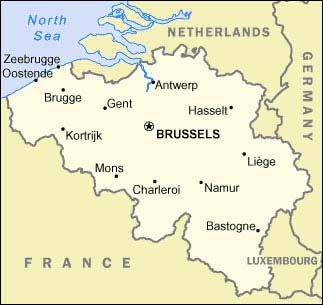Women could save Europe from recession, Brussels says
 Brussels - The presence of more women in the workplace could help lift the European Union out of recession and mitigate the impact of future financial crises, officials in Brussels said Tuesday.
Brussels - The presence of more women in the workplace could help lift the European Union out of recession and mitigate the impact of future financial crises, officials in Brussels said Tuesday.
"Discrimination produces inefficiency. And it is precisely during times of crises that we should be most active," said European Equals Opportunity Commissioner Vladimir Spidla at the launch of a European campaign against the gender pay gap.
Spidla quoted a series of studies showing that a more active participation by women in the workplace helps make businesses more efficient and avoid riskier investments.
One such study of 15,000 small- and medium-sized businesses in Finland found that those run by women tend to be 10 per cent more efficient than those run by men.
Another recent French study showed that companies with more women on their board of directors tended to perform better on the stock exchange.
The study's author, Professor Michel Ferrary of the Ceram Business School in France, wrote in Monday's Financial Times that research has shown women to be more risk-averse and to focus more on a long-term perspective.
Ferrary compared the performance of French banking giant BNP Paribas, where 38.7 per cent of managers are women and which experienced a drop in its share price of
39 per cent in 2008, with that of Credit Agricole, where only 16 per cent of managers are women and whose share price plummeted by 62.3 per cent over the same period.
According to EU figures, only 30 per cent of Europe's managers are women. But this percentage drops to just 10 per cent for large corporations.
Worst still, women are paid on average 14.7 per cent less than their male counterparts, despite doing exactly the same job.
And while the reasons for such a gender gap are numerous, it represents an intolerable source of discrimination that makes both moral and economic sense, Spidla said.
The commissioner was citing a European Commission report published on Tuesday which found that some of Europe's worst-performing economies, such as Italy's, also have a low participation of women in the workplace.
"If (a country) does not use its full human potential, it will have more problems," Spidla said. (dpa)